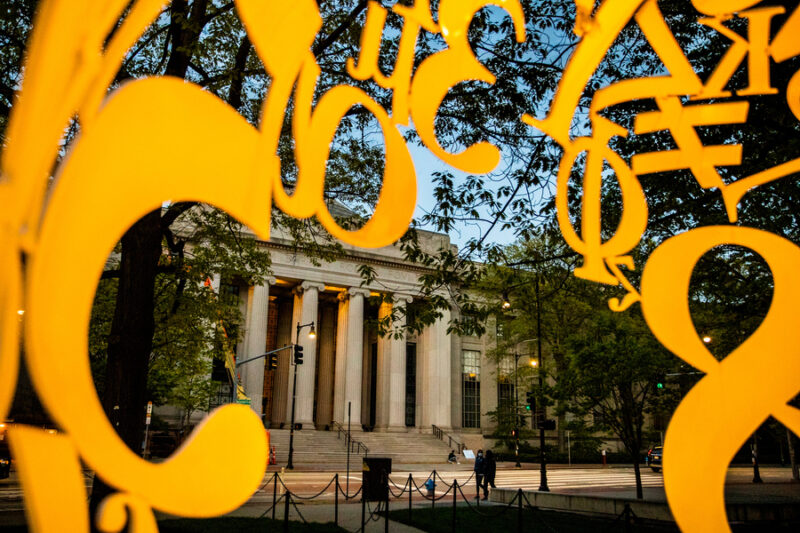Last summer, MIT President Sally Kornbluth and Provost Cynthia Barnhart issued a call for papers to “articulate effective roadmaps, policy recommendations, and calls for action across the broad domain of generative AI.” The response to the call far exceeded expectations with 75 proposals submitted. Of those, 27 proposals were selected for seed funding.
In light of this enthusiastic response, Kornbluth and Barnhart announced a second call for proposals this fall.
“The groundswell of interest and the caliber of the ideas overall made clear that a second round was in order,” they said in their email to MIT’s research community this fall. This second call for proposals resulted in 53 submissions.
Following the second call, the faculty committee from the first round considered the proposals and selected 16 proposals to receive exploratory funding. Co-authored by interdisciplinary teams of faculty and researchers affiliated with all five of the Institute’s schools and the MIT Schwarzman College of Computing, the proposals offer insights and perspectives on the potential impact and applications of generative AI across a broad range of topics and disciplines.
Each selected research group will receive between $50,000 and $70,000 to create 10-page impact papers. Those papers will be shared widely via a publication venue managed and hosted by the MIT Press under the auspices of the MIT Open Publishing Services program.
As with the first round of papers, Thomas Tull, a member of the MIT School of Engineering Dean’s Advisory Council and a former innovation scholar at the School of Engineering, contributed funding to support the effort.
The selected papers are:
Source: MIT News



![Iowa Governor Kim Reynolds speaks at the Republican Party of Iowa's 2023 Lincoln Dinner at the Iowa Events Center in Des Moines, Iowa, on July 28, 2023. (Photo by Sergio FLORES / AFP) / "The erroneous mention[s] appearing in the metadata of this photo by Sergio FLORES has been modified in AFP systems in the following manner: [Iowa Governor Kim Reynolds] instead of [US senator Joni Ernst]. Please immediately remove the erroneous mention[s] from all your online services and delete it (them) from your servers. If you have been authorized by AFP to distribute it (them) to third parties, please ensure that the same actions are carried out by them. Failure to promptly comply with these instructions will entail liability on your part for any continued or post notification usage. Therefore we thank you very much for all your attention and prompt action. We are sorry for the inconvenience this notification may cause and remain at your disposal for any further information you may require." (Photo by SERGIO FLORES/AFP via Getty Images)](https://gmnews.io/wp-content/uploads/2023/08/afe71570-3adb-11ee-954b-b24b052a8b46-380x250.jpg)